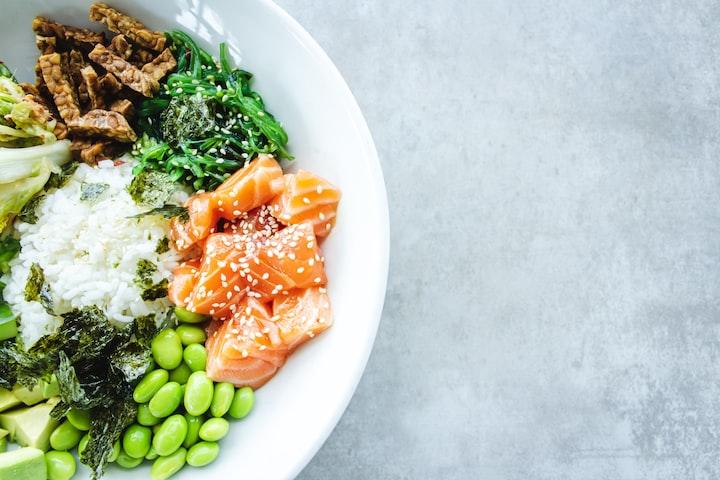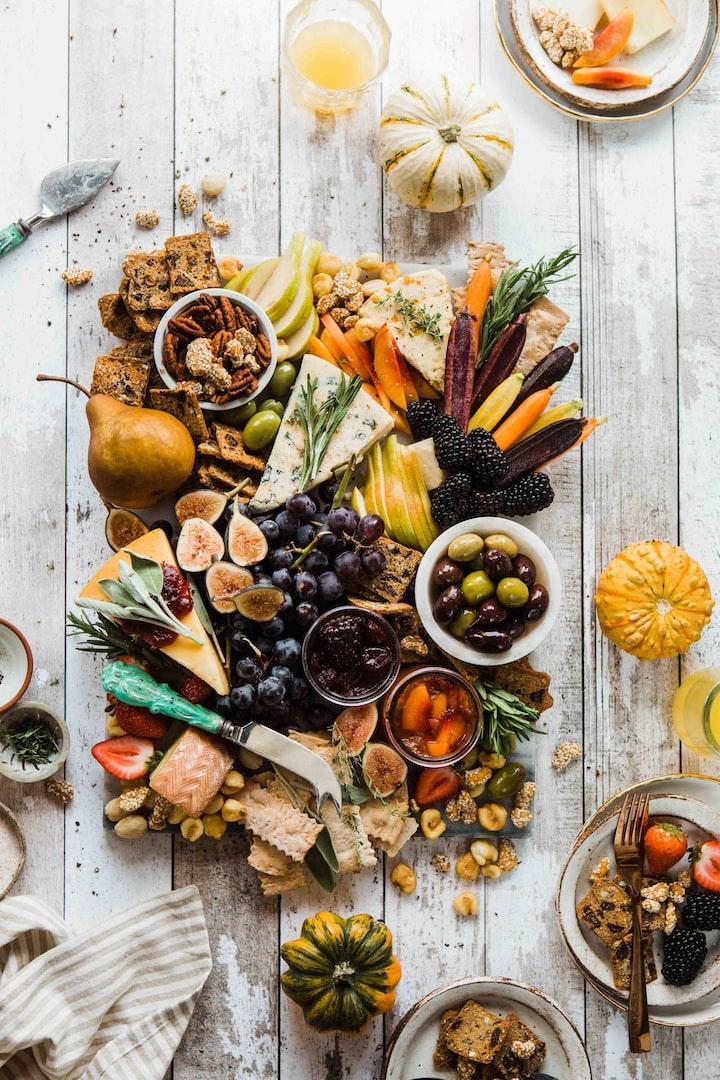Fruit Combinations That Taste Delicious
There are countless fruit combinations that can be considered good, but it ultimately depends on personal preference. Some popular combos include apples and oranges, bananas and strawberries, and watermelon and cantaloupe. These fruits pair well together because they complement each other in terms of both flavor and texture.
When about creating a good fruit combination, the key is to find two or more fruits that taste great together and have a similar texture. This ensures that the final product is enjoyable to eat and easy to chew. For example, apples and oranges are both tart and juicy, making them a refreshing combo. Bananas and strawberries pair well together because they’re both sweet with a slightly creamy texture. And finally, watermelon and cantaloupe go great together because they’re both refreshingly light with a similar sweetness level.
No matter what fruits you choose to combine, the important thing is to have fun with it! Experiment with different flavors until you find a combination that you love.
Read More »Fruit Combinations That Taste Delicious






